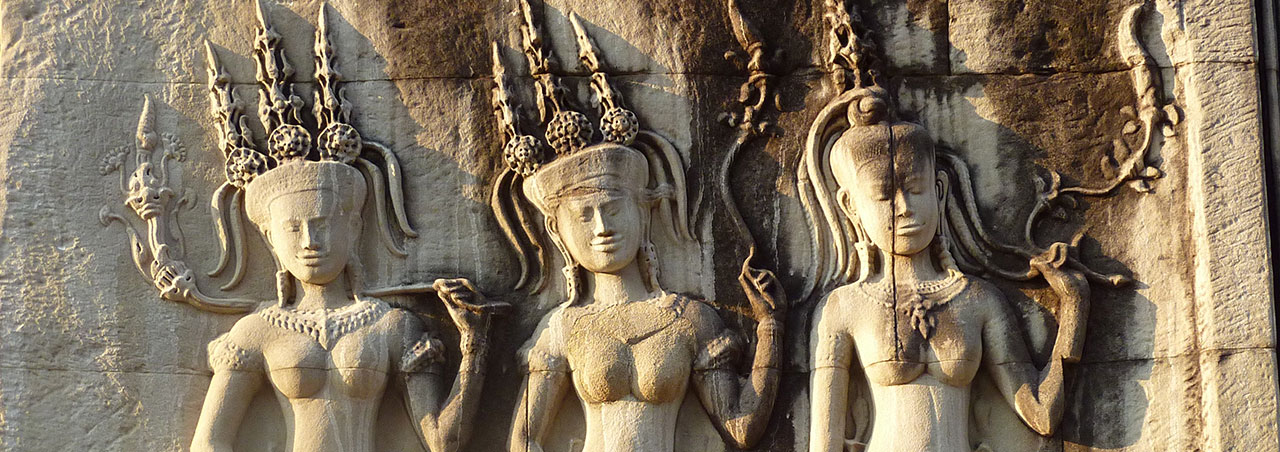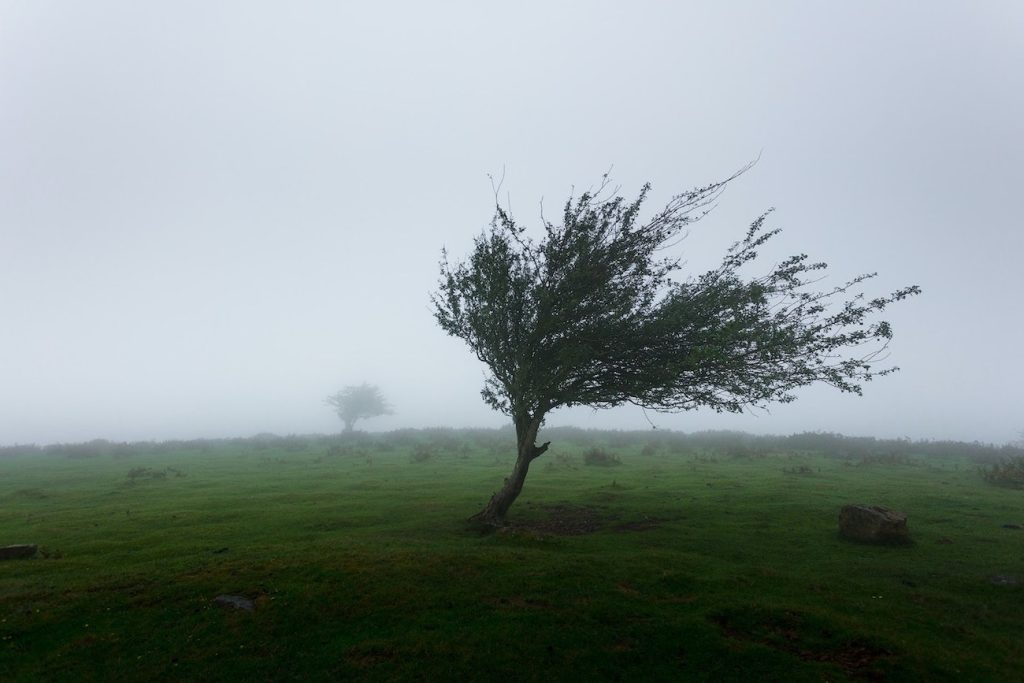Just some thoughts in response to an email to a Buddhist list asking why it is that we discuss the latest terrorist act so energetically, yet don’t seem to pay any attention to such things as starvation in Africa, for example. The mailer pointed out that one child dies of starvation there every 5 seconds.

Endless causes worthy of attention
Hi ****, thank you for your provocative post. One aspect of it was related to something I was considering over the weekend with my family. We’d decided to set up a direct debit to make a regular contribution to a charity, and were discussing which one to support. And it was so apparent during that discussion that there were seemingly endless causes which were worthy of our attention, and how difficult it was to pick one. There’s obviously no possible way to find the ‘best’ … and everyone had their own preference, their own inclination, presumably based on karmic connection.
Long drawn out suffering
In response to your email …. and why starvation isn’t mentioned … one thing that struck me is that one of the great difficulties with many of the great issues of suffering in the world is that they may not generate great ‘events’ … but be long, continuous processes of great suffering. Issues related to famine and starvation are so drawn out and long term in so many countries that they seldom make it into the news, unless there is a sudden dramatic shift. It’s as if something has to happen in a very condensed time frame for it to be newsworthy enough to hit the headlines. And famine/starvation seem to very rarely make the grade in that sense. Terrorist acts, on the other hand, are dramatic, and sudden, and obviously hit the news and awareness in that way.
Self interest in the concern about terrorism?
On the other hand, one might suggest that certain problems in the world would tend to belong to ‘others’ …. in that they are highly unlikely to affect oneself in a very direct way … whereas other problems could happen anywhere, anytime. Terrorism, for example, can obviously happen anywhere, in any country. So perhaps there is some possible self-interest here, both in terms of what gets covered in the media, and in our own awareness/interests.
Perhaps the two factors work together, so that the ‘non-event’ compounds the ‘it’s over there’ aspect, so we tend to focus on one rather than the other?
The crazy religious justification for terrorism
Another line of thought might be that although both problems, famine and terrorism, are clearly unnecessary … they don’t have to take place, with terrorism the feeling that this is crazy seems to come to mind much more readily. Is it because of the sense that religion of all things is a crazy justification for violence that jars us so much?
Are they unsolvable?
Is it a sense that famine seems so unsolvable, in the short or long term, whereas there is obviously something going on aimed at stopping terrorism (i.e. the ‘war on terror’), whatever our misgivings on it might be, so at least we feel that this one is solvable or do-able?
I really have no idea, but hope that these thoughts may help myself (and perhaps others) find some way to help contribute to changing both these great issues (and all other causes of sufferings to beings).
best wishes in the Dharma,


